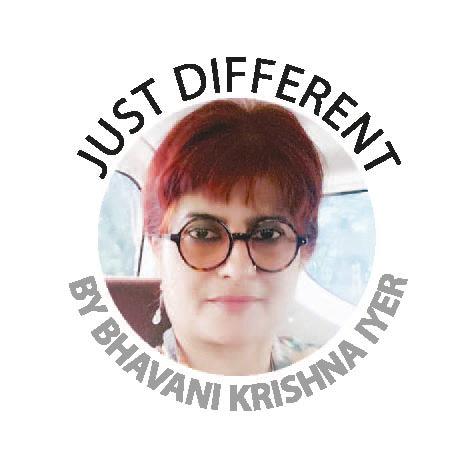I DIDN’T know till recently that there is such a thing as World Philosophy Day. I am not surprised, though, as we live in an era where there is a Day, Week or Month being accorded to various facets of our lives. I suppose it becomes useful when our existence is driven by speed and evidently then, we don’t have time to stop and appreciate some of the simplest things in life. Hence, dedicated occasions are a great way of reminding us that there is more to life than just mediocrity.
World Toilet Day for example reminds us that there are people around the world living without proper sanitation and that we should appreciate the importance of toilets, which can be a luxury for some, but many take it for granted.
World Philosophy Day is annually observed on the third Thursday in the month of November, to purportedly honour philosophical reflections around the world. It is a day for people to share thoughts, openly explore and discuss new ideas and inspire public debate or discussion on society’s challenges.
It is a United Nations Educational, Scientific and Cultural Organisation (Unesco) initiative that draws people to engage in shared reflection on contemporary issues.
The day is observed with philosophical dialogues, debates, lectures and meetings involving renowned philosophers. The more advanced nations are engaged in international conferences on philosophical topics such as the connection between philosophy, education and culture. Of course, the more effective activities are exhibitions and the like.
Quite literally, the term “philosophy” means, “love of wisdom”. In a broad sense, philosophy is an activity people undertake when they seek to understand fundamental truths about themselves, the world in which they live, and their relationships to the world and to each other.
As an academic discipline philosophy is much the same. Those who study philosophy are perpetually engaged in asking, answering, and arguing for their answers to life’s most basic questions.
Our very reality can be philosophised and this can extend into a research, a paper, thesis or even a debate or mere annual show. There is no right or wrong in philosophy and these days with information gained right from the time of birth or even before, philosophies have expanded with changing perspectives according to one’s thinking process. The good thing about philosophy, in an argument or a debate, we need not have winners and losers. Often, people turn to philosophy for rescue to justify their eccentricities while others do so merely to exhibit their prowess.
We will be surprised that the concept of change could have first been introduced by the Greek philosopher Heraclitus (c. 535-475) during his time and here is his quote, “There is nothing permanent except change”.
Very lately I have been reading about Ikigai, the Japanese philosophy of happiness. It is not rocket science and involves simple observations, and yet knowing and consciously emulating it may be the answer to the happiness we are all seeking.
Many of us are in constant pursuit of contentment and the perfect life which always seems improbable, far-fetched and elusive, often sinking us into frustration and misery when the ideal and perfect life is not delivered to us by the universe.
Ikigai means “reason for being” and offers a totally different formula to achieve that happiness and satisfaction.
More importantly, it is not limited to just home or work but can be applied to every aspect of life by giving you a sense of purpose to wake up in the morning and a deeper feeling of fulfilment when your day ends.
In Japanese culture, Ikigai breaks down into four different areas: what you love, what you are good at, what you can be paid for and what the world needs.
These all-encompassing four pillars will give you that happiness you are seeking, the motivation that keeps you going, the money you need for sustenance, while the world gets what it needs.
Many would agree with me that politicians need to find their Ikigai so that we have a bunch of happy politicians, who use their head to think, are able to deliver what the rakyat wants and still take home a salary that will sustain their needs and maybe even have their wants and desires fulfilled.
Have you found your ikigai? I haven’t found mine and when I do, it will be a day of reckoning for sure. Have you ever found yourself in a situation where some one talks too much sense that it can never apply to you as an ordinary human being? That must be great philosophy at work – twisted and mangled.
Comments: letters@thesundaily.com














